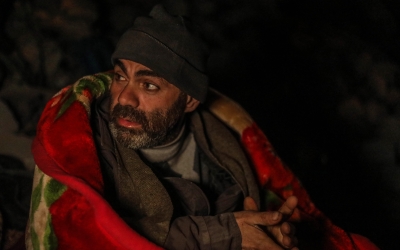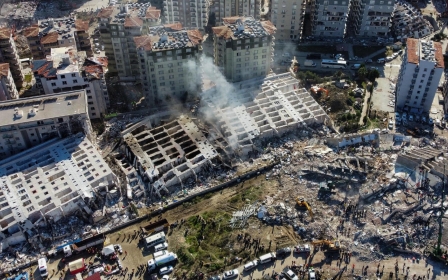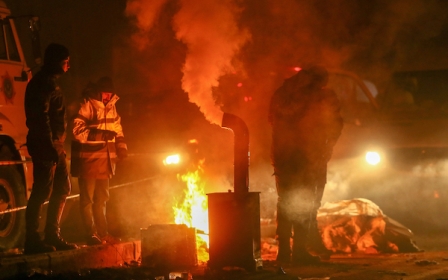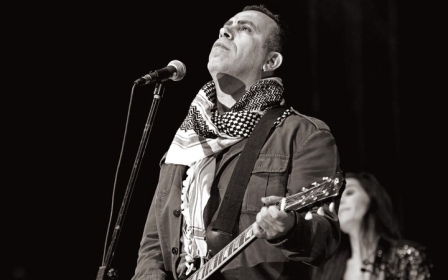Turkey-Syria earthquake: Controversial Israeli rabbi calls disaster 'divine justice'
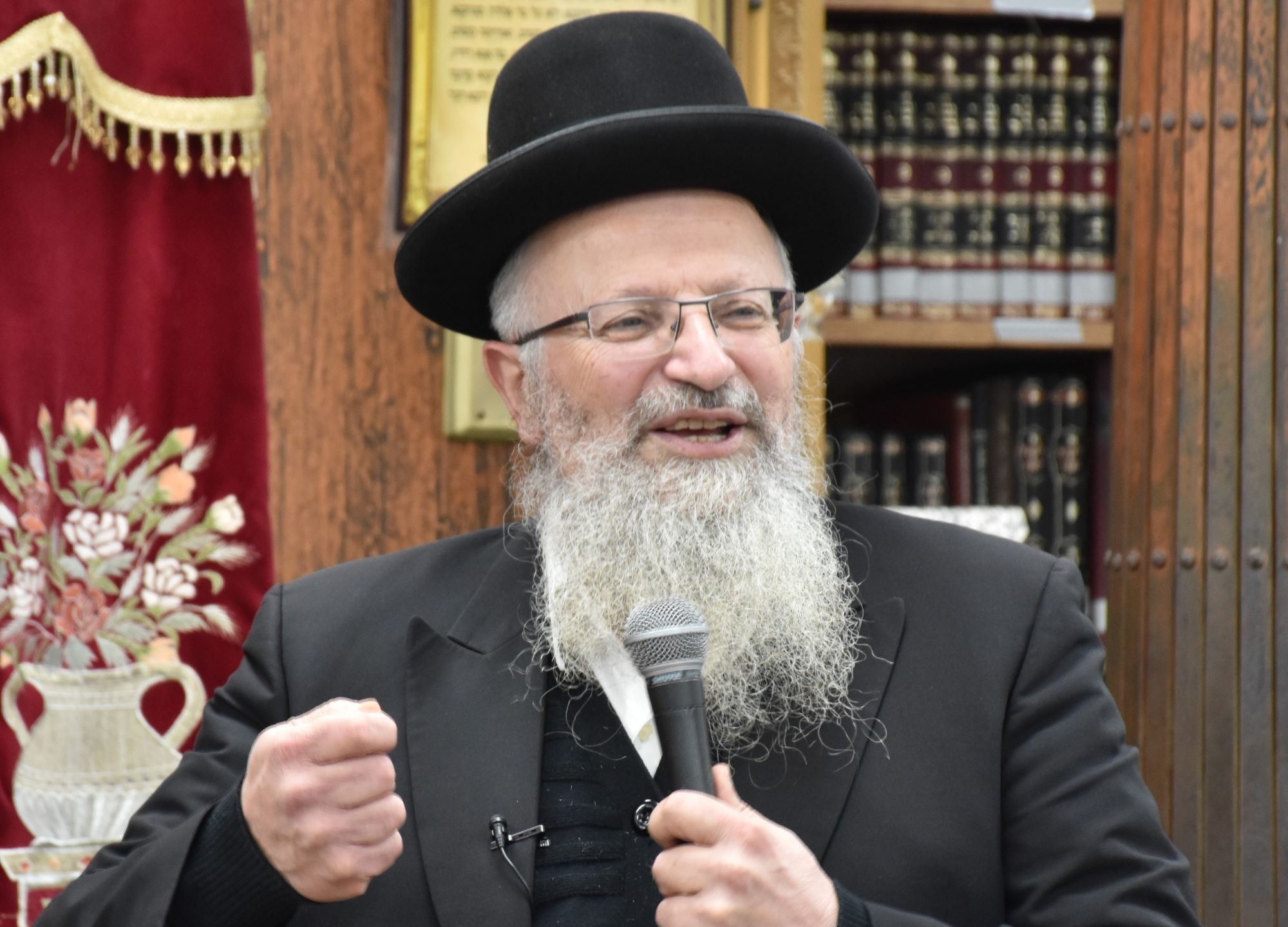
A controversial Israeli rabbi has sparked outrage after claiming the devastating earthquake that struck Turkey and Syria on Monday was "divine justice".
Shmuel Eliyahu, who serves as the chief Rabbi of Safed in northern Israel and is a member of the Chief Rabbinate Council, claimed that God was punishing countries affected by the disaster because of their alleged mistreatment of the Jewish people.
"God is judging all the nations around us who wanted to invade our land and throw us into the sea," Eliyahu wrote in an op-ed published in the Olam Katan newspaper on Friday.
At least 28,000 people were killed in Monday's devastating 7.8 magnitude earthquake, with as many as 18m people directly affected in southern Turkey and northern Syria.
In his column, Eliyahu claimed that Syria had "abused its Jewish residents for hundreds of years, invaded Israel three times, shot for years at the farmers who lived at the foot of the Golan Heights, abused captives and hanged [Israeli spy] Eli Cohen."
He also took aim at Lebanon, which was rocked by the quake and is facing a debilitating financial crisis, writing: "There is no doubt that the country, which was once the 'Switzerland of the Middle East' has become hell on earth, and such things do not happen by chance."
As for Turkey, which served as the epicentre of the quake, he wrote: "We don't know what the Heaven's accounts are with Turkey, which slandered us in every possible arena, but if God reveals that he is going to make judgements on our enemies, we know that everything that happens is to clean the world and make it better."
Eliyahu, who is the the father of right-wing parliamentarian and Israel's minister of heritage, Amihai Ben-Eliyahu, has repeatedly courted controversy over his anti-Palestinian and Arab remarks, and has been indicted for inciting racism.
In 2008, he called on the government to carry out "state-sanctioned revenge" against Arabs in order to restore what he described as Israel's deterrence in the wake of an attack at a Jewish school in Jerusalem.
And in 2019, he told teenagers suspected of murdering a Palestinian woman in the West Bank that they shouldn't fear prison as that's where the road to political power begins, prompting several rights groups to call for disciplinary action and criminal charges to be filed against him.
Since the devastating earthquake, dozens of countries from across the world have dispatched aid and rescues team to Turkey, including Israel.
Rocky relationship
Relations between Turkey and Israel worsened in 2011, when Ankara expelled Israel's ambassador following a UN report into Israel's 2010 raid on the Mavi Marmara aid ship to Gaza, during which nine Turkish citizens were killed.
The rift was healed in 2016 when full diplomatic relations were restored and both countries traded ambassadors.
Late last year, Israel's President Isaac Herzog met Turkish Prime Minister Recep Tayyip Erdogan in the Turkish capital Ankara, marking the first visit by an Israeli head of state to the country since 2008.
This article is available in French on Middle East Eye French edition.
Middle East Eye delivers independent and unrivalled coverage and analysis of the Middle East, North Africa and beyond. To learn more about republishing this content and the associated fees, please fill out this form. More about MEE can be found here.


